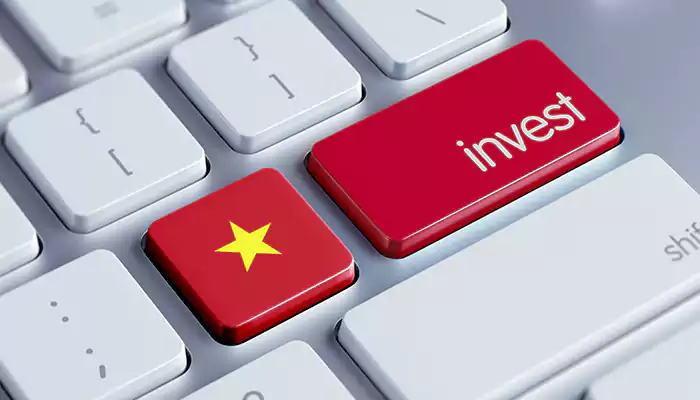Despite initial setbacks, Vietnam's economy is quickly recovering and positioning itself as a possible post-pandemic victor because of swift and effective COVID-19 action plans and tactics.
In this article, we will focus on the top five Vietnam sectors poised for the most development and investment. The international business sector, the real estate investment sector, the investment fund sector, the manufacturing sector, the trading sector, and foreign direct investment. Read on to know more about each of them.
Building And Construction Industries
The construction industry in Vietnam is one of the country's most dynamic industries. It has had an annual growth rate of 8.5% during the past decade. The government's initiatives to enhance infrastructure quality will ensure that this impressive growth rate will continue for the foreseeable future. In addition, the plan is to drum up interest from financiers in building out the nation's transportation systems, tourist attractions, and residential developments.
Manufacturing Investment
By 2020, Vietnam will have established itself as a prime location for global enterprises and the industrial sector. This resulted from the fact that production lines were relocated from Southeast Asian countries to China due to the Coronavirus outbreak resulting in trade disputes. In anticipation of future price increases, several factories are considering moving their operations to new locations. Everything from textiles and clothing to woodwork, printing, and woodware is produced in Vietnam. As Vietnam's manufacturing sector expands, investors should anticipate an increase in the country's adaptability.
Investment In Real Estate
Despite the negatives, Vietnam has benefitted from the US-China trade conflict and the COVID-19 outbreak, especially in the residential estate market. The influx of Chinese manufacturers into Vietnam has fueled even more growth in the manufacturing industry there. Some aspects of real estate investment, such as property purchase, legislation, financing choices, and buying procedures, might vary depending on whether the transaction is conducted locally or abroad. Before making any moves, it's best to have a feel for the local market and pick up some of the languages.
Investment In E-commerce
Recent years in Vietnam have seen an increase in e-commerce, with annual growth rates between 25% and 35%. The COVID-19 epidemic has significantly impacted commodities commerce and consumer demand, even altering consumers' propensity to purchase online rather than in physical stores. Vietnam's internet sector has attracted over $1 billion in FDI over the previous four years. In 2020, Vietnam was estimated to have over 97 million residents; with 67 million cellphone and Internet users and 58 million social media users, the country was poised to attract significant investment.
Fintech Investment
Investment "hungry sharks" have been drawn to Vietnam because the country's fintech industry has been highlighted as a promising opportunity. As a result, Vietnam attracted 36% of the region's fintech investment in 2019, second only to Singapore, according to joint research by PWC, International Settlements Bank (UOB), and the Singapore Fintech Association.


